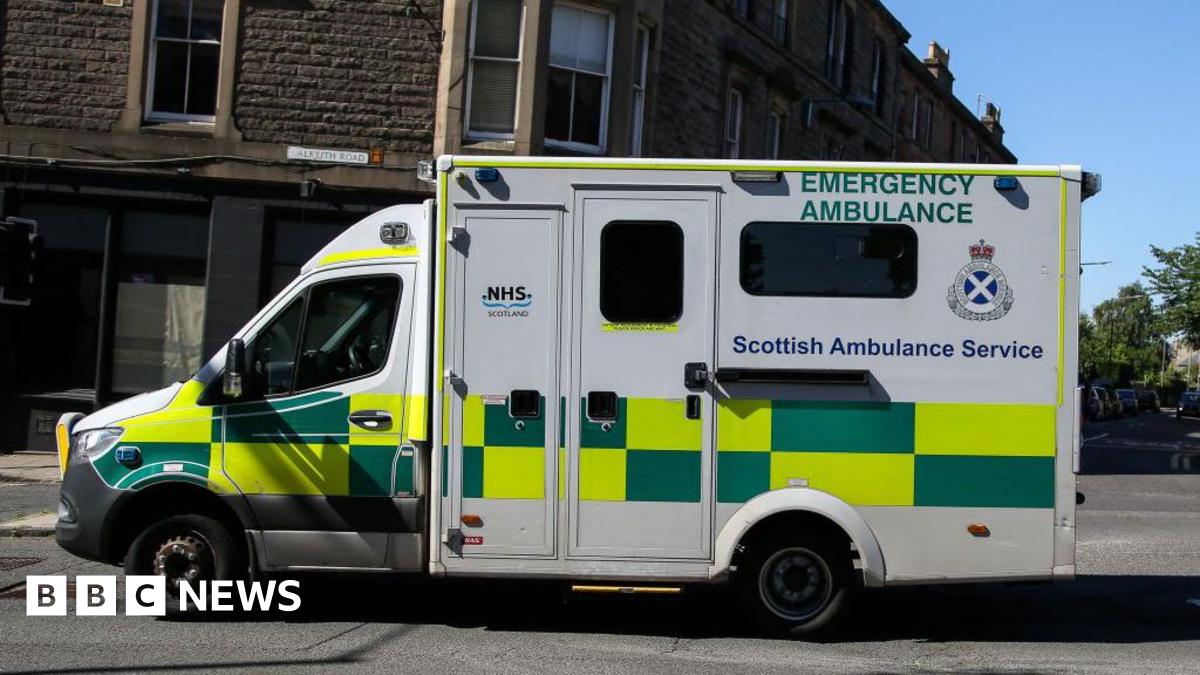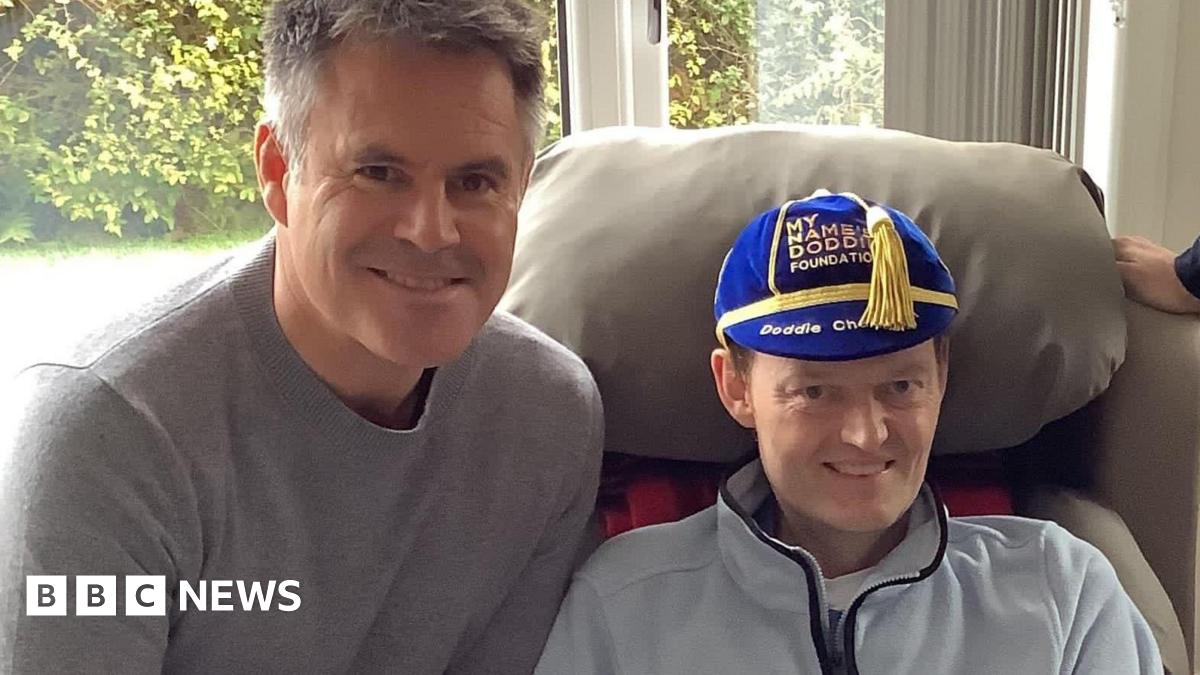Bussiness
Scottish government spending constraints unavoidable – Robison
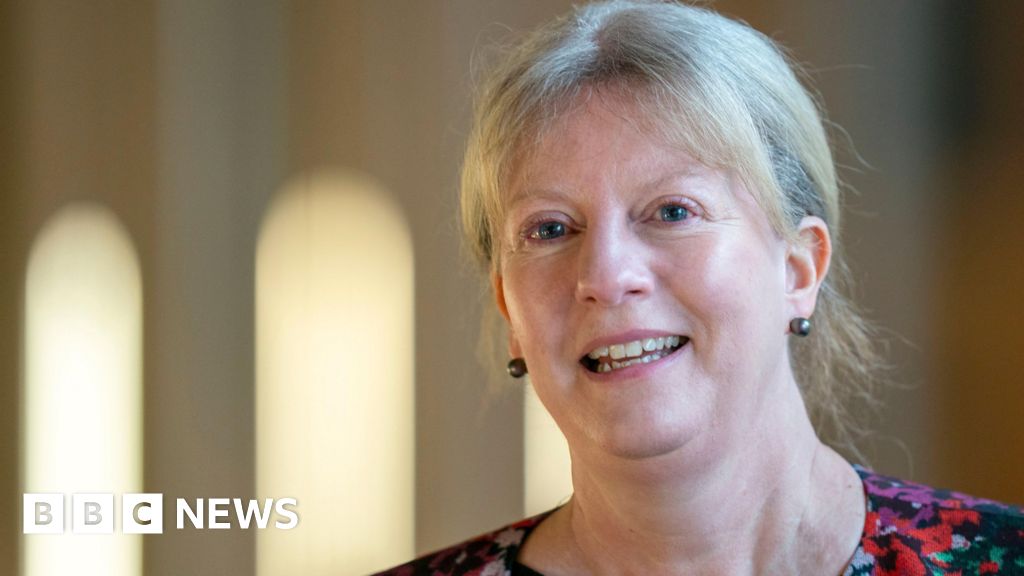
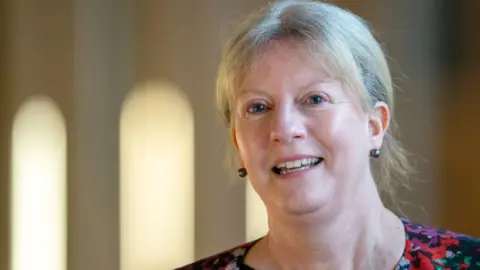 PA
PAFinance Secretary Shona Robison has defended spending constraints as the only option available to her in the current climate.
Last week the Scottish government confirmed it would follow the UK government in no longer providing winter fuel payments to all pensioners.
Ms Robison told BBC Radio Scotland’s The Sunday Show that the devolved nations need more “fiscal flexibility”.
Chancellor Rachel Reeves previously said the new Labour government had to make “difficult decisions” due to a £22bn hole in public finances as a result of overspend from the previous Conservative administration.
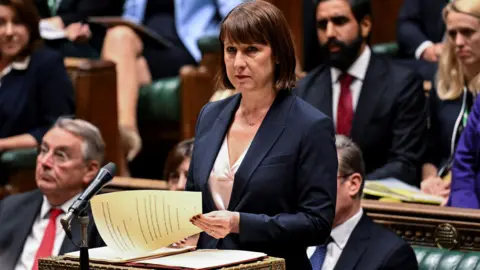 Reuters
ReutersThe finance secretary accepted the Barnett Formula allocated more public spending to Scotland to deal with issues such as poverty and rurality.
But she added: “We have the same spending challenges in the devolved administrations without the levers to be able to address them.
“This is not just exceptional to Scotland.”
Ms Robison said ministers have had to deal with “huge fiscal headwinds” in recent years due to the Covid pandemic, the cost of living crisis and soaring inflation.
She added: “All of these things impact on devolved administrations and the only lever we have, in-year, are spending controls.”
The minister defended the SNP administration’s record since 2007 and said the country’s finances were being run “efficiently”.
She also recognised that many pensioners would miss out on a winter fuel payment but added: “It has been an incredibly difficult decision for us to make.”
The UK benefit is due to be replaced by a Holyrood-run alternative – but ministers have confirmed it will be means tested, while the roll out has been delayed.
News of it being scrapped came as ministers were ordered to “constrain all but essential” spending to help pay for public sector pay deals.
Ms Robison has written to cabinet colleagues advising of stricter rules on discretionary spending, including a recruitment freeze on “all but essential” posts.
She said the government would have to make “difficult” choices to fund pay increases for public sector staff after Ms Reeves signalled cuts in the next UK budget.
 Getty
GettyThe chancellor announced last month that those not on pension credit or other means-tested benefits in England and Wales would no longer get annual winter fuel payments, worth between £100 and £300.
Responsibility for the winter fuel payment was set to be transferred to the Scottish government in September and replaced with a Holyrood-managed equivalent – the Pension Age Winter Heating Payment (PAWHP).
That has now been pushed back to winter 2025.
Holyrood ministers had previously said the benefit would not be means tested, with universal entitlement based on reaching state pension age.
The development came as Gers figures revealed Scotland’s public spending deficit increased by £3.6bn to £22.7bn in 2023-24 due to lower oil and gas revenues.
SNP ministers recently provided additional funds to Cosla to help avert bin strikes.
First Minister John Swinney said funding the new offer would mean tough choices ahead for the government.
NHS staff in Scotland are expected to push for a pay rise in line with increases south of the border.
Last week a UK government spokesperson said: “We are working closely with the Scottish government to make this as smooth a transition as possible, and more importantly ensure eligible pensioners continue to receive support.
“The UK government has protected the poorest pensioners by ensuring people on pension credit or certain other income-related benefits will continue to receive the payment.”
Meanwhile, Ms Robison warned reports suggesting Scottish Secretary Ian Murray might bypass Holyrood to fund anti-poverty measures could jeopardise positive devolution steps.
The Sunday Mail newspaper reported the Westminster Government could introduce new legislation to allow the Scotland Office to allocate £150m for local authority measures to combat poverty.
But Ms Robison said such a move would be “out of kilter” with the “positive” relationship being built between the Scottish and UK governments.
And Ms Robison said Mr Murray would be bypassing Holyrood if the plan went ahead.
She said: “If that is new money, there is definitely a question mark about why that money is not coming to the Scottish government, given all of these funding pressures that we have.”
But Ms Robison added there had a been a “far more open and collaborative” relationship between both governments since Labour was elected in July.
Prime Minister Sir Keir Starmer met First Minister John Swinney in an effort to improve intergovernmental relations following the General Election.
A UK Government spokeswoman stressed that the Westminster Government wanted to work with the Scottish Government and not go around them.
The spokeswoman added: “The Scotland Office is at the heart of delivering the UK Government’s missions in Scotland, working with the Scottish Government to grow our economy, create jobs and reduce poverty.”









